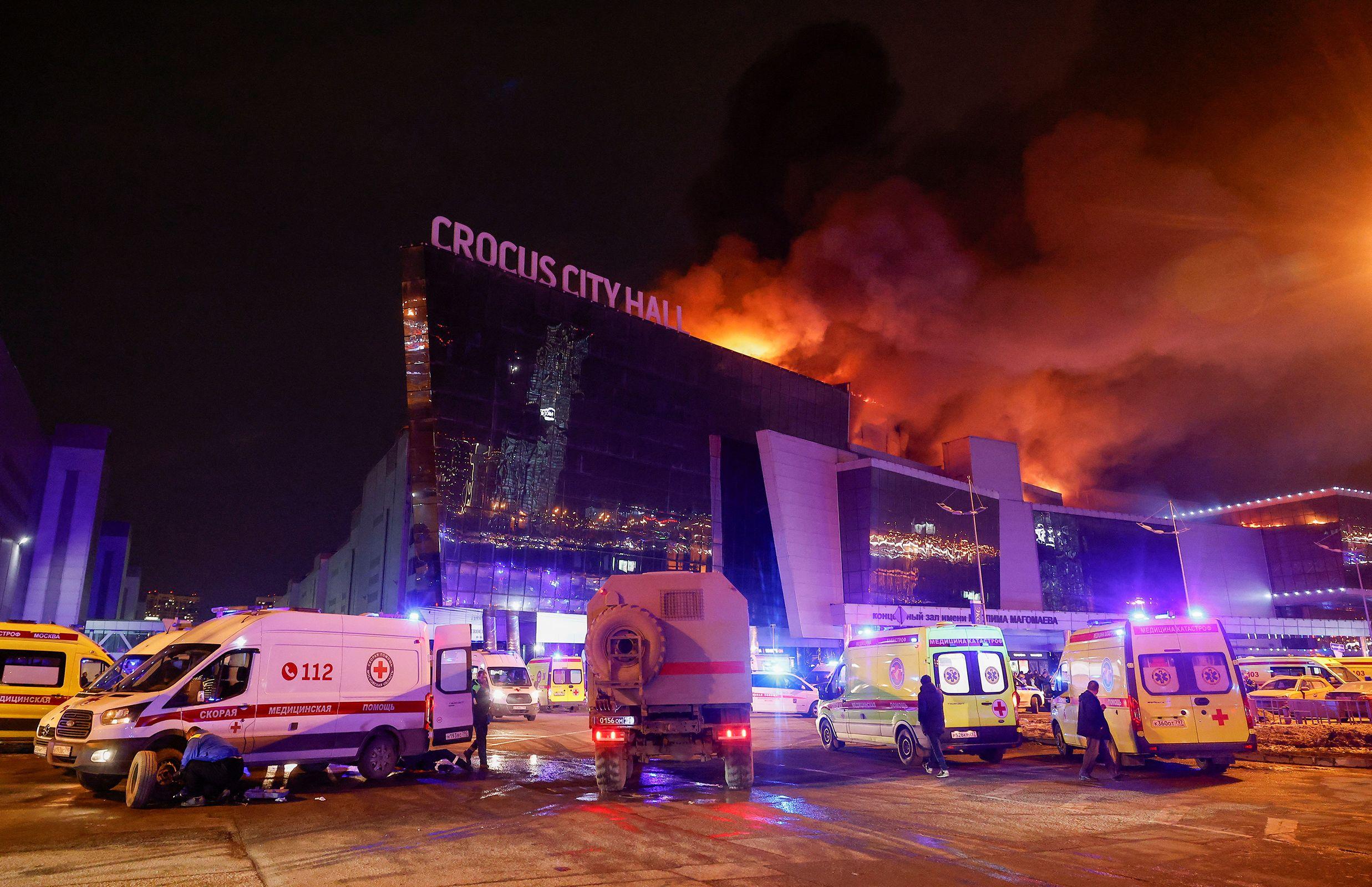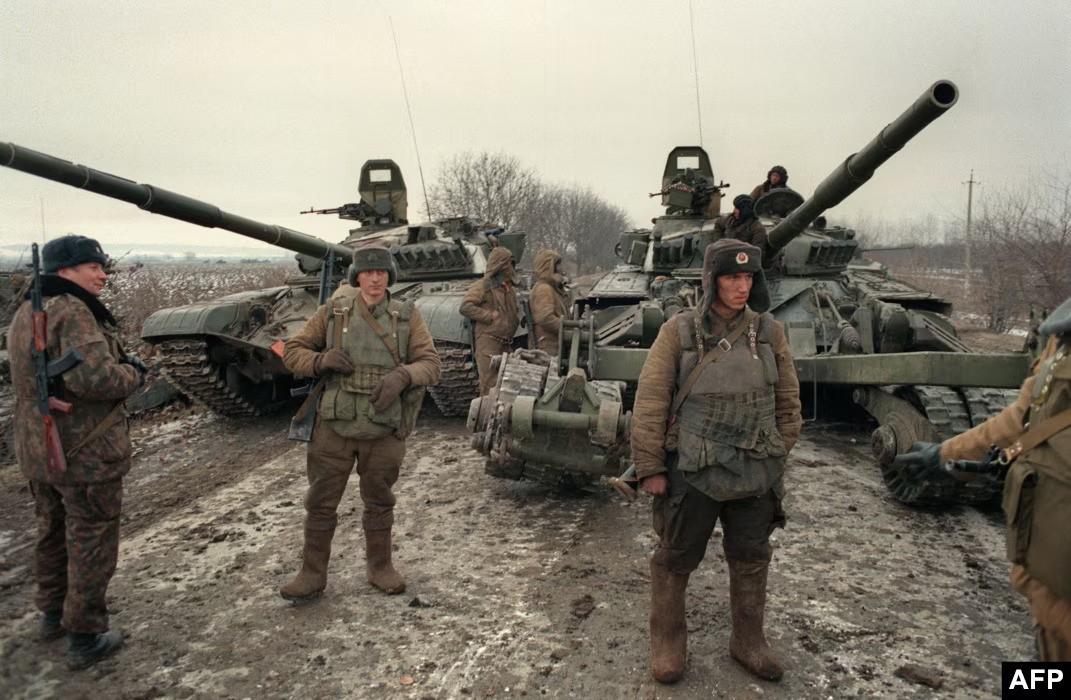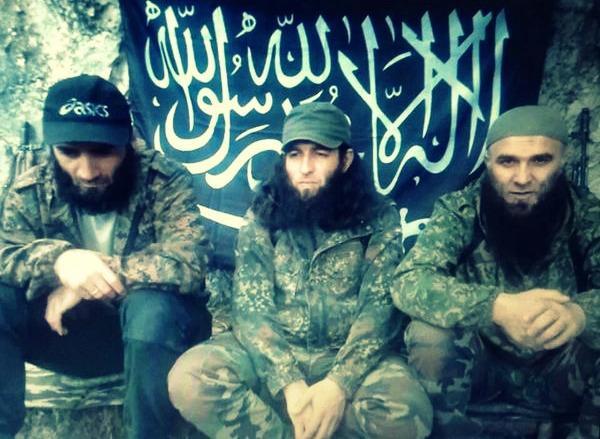North Caucasus militant insurgency rises The other front
On March 3, the Russian state media announced that the local security forces carried out an extended counter-terrorist operation against the alleged members of the so-called Islamic State (ISIS) in the North Caucasus region, namely Ingushetia and Dagestan leading authorities to introduce counter-terrorism emergency powers in the area.
Reportedly, during a search operation in one of the residential buildings in the town of Karabulak, the alleged militants opened fire on Russian law enforcement forces. While the recent level of violence in unstable Ingushetia revealed the critical level of terrorist threat within Russia, it also signalled the potential terrorist attack in Russia’s major urban areas.

In this vein, on March 22, a group of radical Islamists consisting of Tajik nationals stormed the Crocus City Hall in Moscow killing more than a hundred civilians and setting the building on fire before being arrested by the Russian security officers. The Islamic State Khorasan Province (ISKP), a well-known branch of ISIS, claimed responsibility for the attack vowing more similar revenge attacks on Russia. As such, one of the most brutal and deadliest terrorist attacks in the history of modern Russia repeatedly highlighted the growing radical Islamist infiltration in Russia, particularly in the North Caucasus region.

The origin of the armed insurgency operating in the North Caucasus today has its roots in the first Russo-Chechen war unleashed by the unilateral declaration of Chechen independence in November 1991. Although the Islamism factor did not play a crucial role in the early Chechen independence movement, it later became the main catalyst behind the jihadist movement in the Caucasus against Russia for more than three decades. However, comparing the current situation with the past, Moscow has increased North Caucasus’ regional security thanks to counter-terrorism operations and a socioeconomic development strategy which simultaneously contrasted jihadist propaganda and activities and created new working opportunities for the local population.
When ISIS gained control over the large swathes of territories in Iraq and Syria in 2013-2014, it helped many radical Islamists to resurge and turn to violent attacks against local governments, including North Caucasus region. Although the ISIS’s main organization was destroyed by the international coalition, many countries, including Russia did not succeed in preventing Islamic propaganda on its soil.
Despite a noticeable enhancement in the security situation over the past decade, as showed by the minimal occurrence of violent attacks in 2023, the allure of jihadist propaganda linked to the Islamic State and the Caucasus Emirate emphasises its capacity to attract backing from certain segments of the North Caucasian populace. On the other hand, the growing number of radicalized Central Asian nationals based in Russia poses an additional security threat to terrorist risks in Russia, whilst the security forces struggle to track each potentially recruited individual in the highly volatile region.

Notably, the authorities’ failure to prevent the Crocus attack pointed to systematic failures within the local security architecture in preventing major terror attacks. Consequently, Moscow acknowledged that two weeks before the attack the US counterparts informed regarding the upcoming potential terror attack in Moscow. According to the media, the US warning to Russia ahead of a terrorist attack near Moscow was highly specific: Crocus City Hall was a potential target of the Islamic State. Russia’s inactivity toward the investigation of the warning and potential plot despite the warning raised many questions, given that no additional security measures were in place at the venue.
There is one way in which the current developments in the North Caucasus are very much connected to the Moscow attack. After the Russian security services failed to prevent the Crocus City attack, they are keen to show the Russian people, who view the North Caucasus as a much more immediate threat than Central Asia, that they are actively fighting terrorism and having success. Much of what is known about the shadowy world of underground militancy in the region comes from Russian counterterrorist actions there.
In this context, Russian security forces will likely proceed with a mass crackdown in the North Caucasus in the following months, particularly on Central Asian migrants based in Russia. Such measures are important in terms of demonstrating the capability of the central power to tackle complex security issues amid the ongoing Russo-Ukraine war and dismiss all allegations in Western media regarding the “risks of collapsing of Russia” in light of harsh security challenges.








